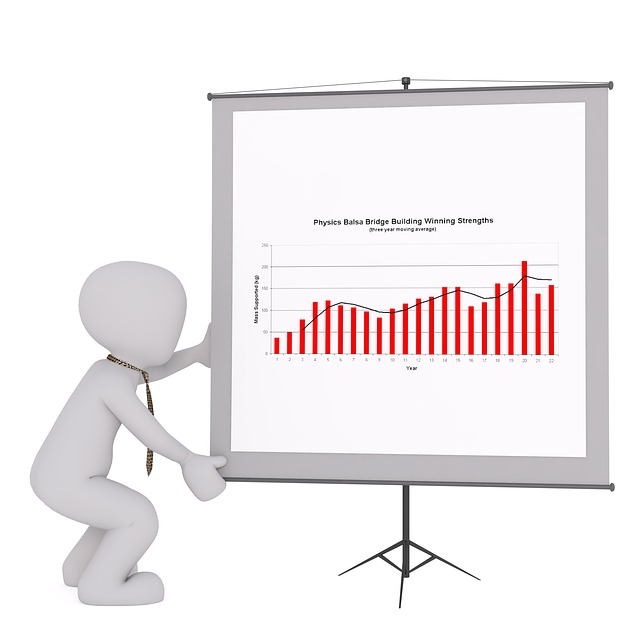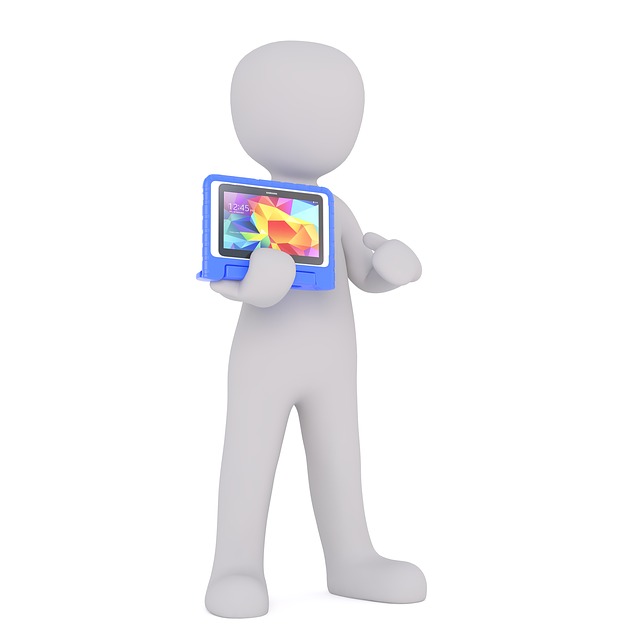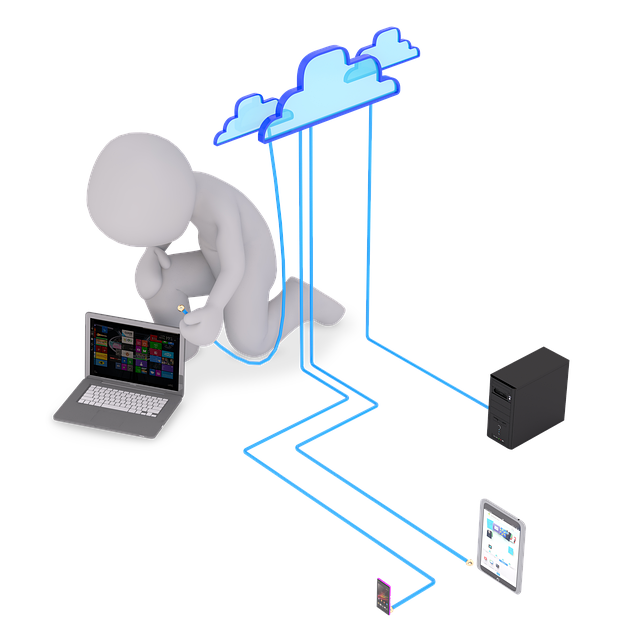
It is the purpose of this module to provide an overview of the digital skills that are required by eco-businesses (SMEs and micro-SMEs) in order to be successful in the green economy. In this module, trainees will be given a detailed explanation of digital skills and the green economy. Furthermore, specific methods of construction and detailed practices are described in detail.

Digital transformation is a process characterized by ubiquitous implementation and combination of digital technologies in all spheres of social and economic life. Along with the European Green Deal, digital transformation is a major priority at European level and a necessary process of technological development related to securing conditions for innovations and growth of the business, for increasing the productivity of human resources, for creating competitive digital economy and high standard of citizens.

The module encompasses a number of units providing data about the appropriate digital tools and online practices related to young entrepreneurs, SMEs and start up business owners from the agriculture, trade and tourism sectors, introducing the required digital skills needed to implement successful eco-management and innovations in their everyday work practices.

This module will allow the trainee to self-assess their readiness with regards to digital skills and this in the domains that were identified after thorough research among eco entrepreneurs in Bulgaria, Greece and Cyprus.

The subject Module aims to facilitate the transfer of knowledge, the acquisition of skills and competencies, as well as the relevant change of attitude, in relation with:
- Cost-benefit analysis and evaluation of business processes.
- Basic software programming (coding)
- Business Intelligence (concept and tools for data analysis).
- Concepts of Artificial Intelligence (AI) - data representation and reasoning, machine-learning methods).
- Adopting AI as a tool for information extraction towards value creation.
- Big data analytics.
- Internet of Things and remote sensing to support marketing decisions.
- Basic monitoring and control automations.
- Advanced software and Web apps' security aspects.
